Conflict and Justice
Here is an article that I wrote for the Naples Daily News, published on Saturday, July 16.
When human bodies and human communities are being shattered violently day after day, around the world and in our own country, what are Christians to think and do?
We share the anger, revulsion and dismay that shake all our hearts. We also honor the courage and care that so many show in times of crisis, giving hope for a better future for us all.
As citizens we support various strategies to promote security and mutual respect, recognizing that other people of good will propose different approaches with equal confidence.
There are a couple of key convictions that the Word of God plants deeply in our hearts. These convictions can shape our understanding and action, and we may be able to share them with others.
The first is the profound recognition that God looks at his whole creation, including every single human being, and sees that “indeed, it is very good.” (Genesis 1:31) This means that in the most horrifying conflict, in the most destructive individual, there is a core God-given goodness, without which neither the person nor the community could even exist. “God so loved the world” (John 3:16) not only some parts of it. He sent his Son “that the world might be saved through him”, not only some parts of it. (John 3:17) Using the language of “pure evil” for individuals or human groups is very problematic for Christians.
The second key conviction is the profound recognition that the whole human race and each one of us within it are fallen. “There is no one who is righteous, not even one.” (Romans 9:10) When we look at others it isn’t fair to them to regard them as simply wrong, nor is it fair to them to expect them to be flawless. When we look at ourselves and those who are with us, we have the confidence of our convictions yet we know that both our understandings and our actions are far from perfect. Simple justice requires that we scrutinize ourselves as thoroughly as we scrutinize others and that we make allowances for others as generously as we make allowances for ourselves.
This applies to police on the beat, protesters in the streets, those writing letters to the editor and friends talking over drinks. The call to “love your neighbor as yourself” is God’s gift of justice into our human affairs, protecting us from condemning others while excusing ourselves or on the other hand excusing others while condemning ourselves.
When this law is written not only in our books but in our hearts then we can start to do some good in the hard conflicts of our culture. When we know God’s grace in our own lives we can begin to see it in the lives of others.

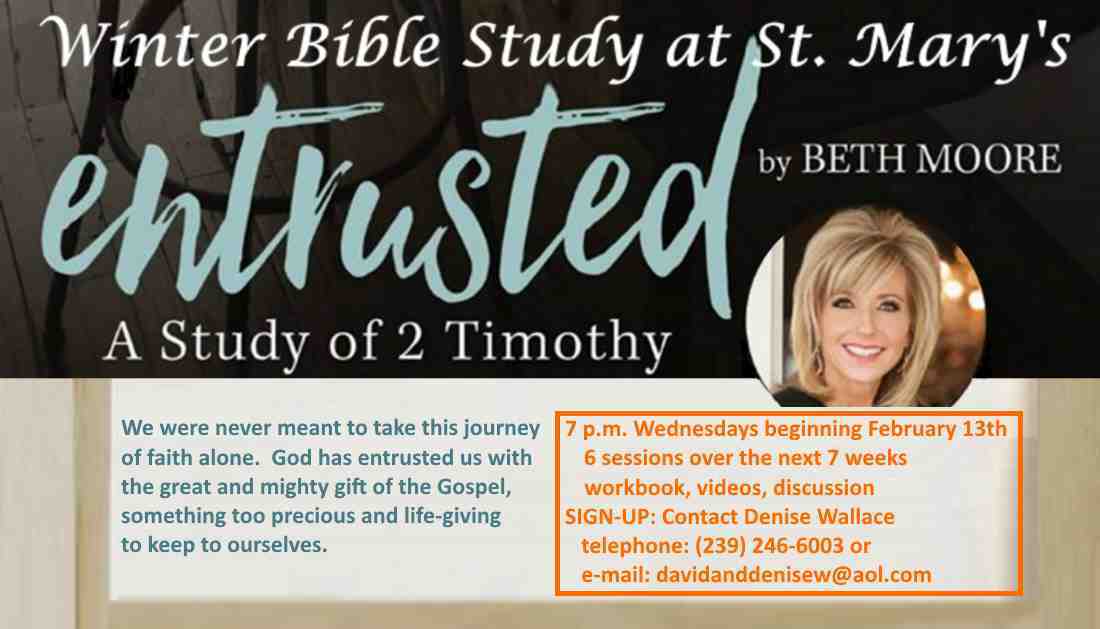
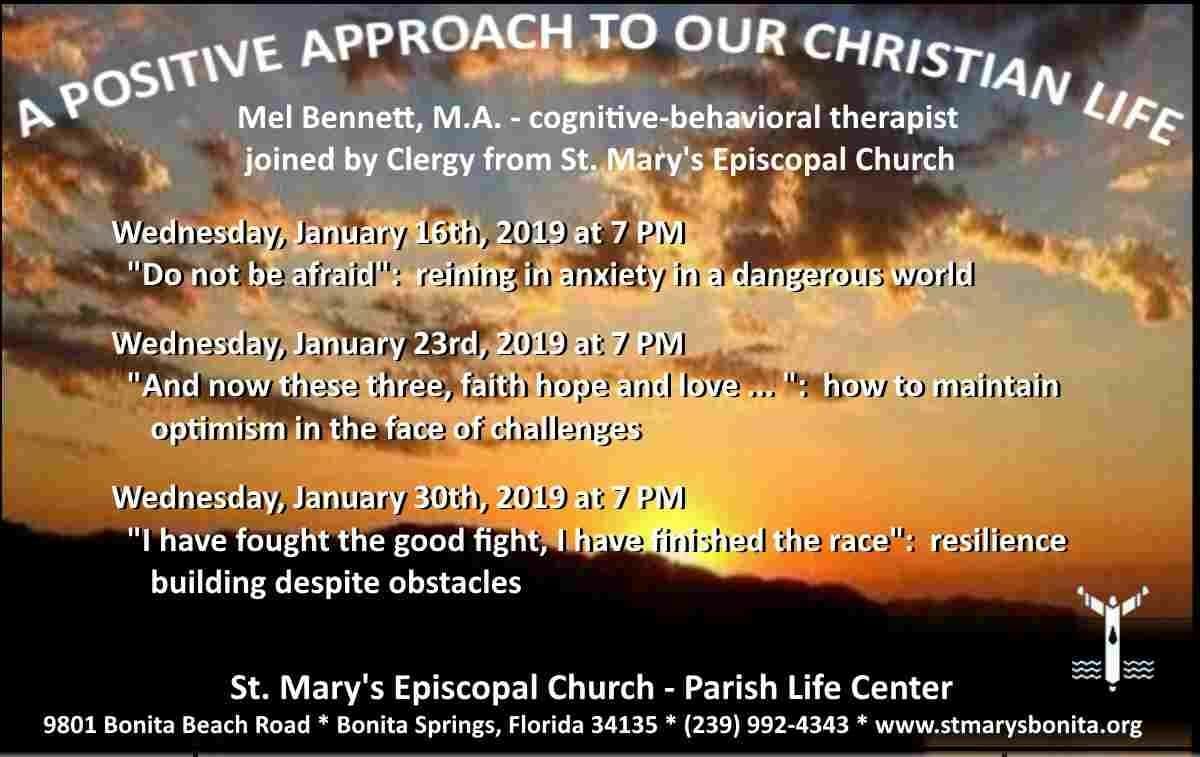
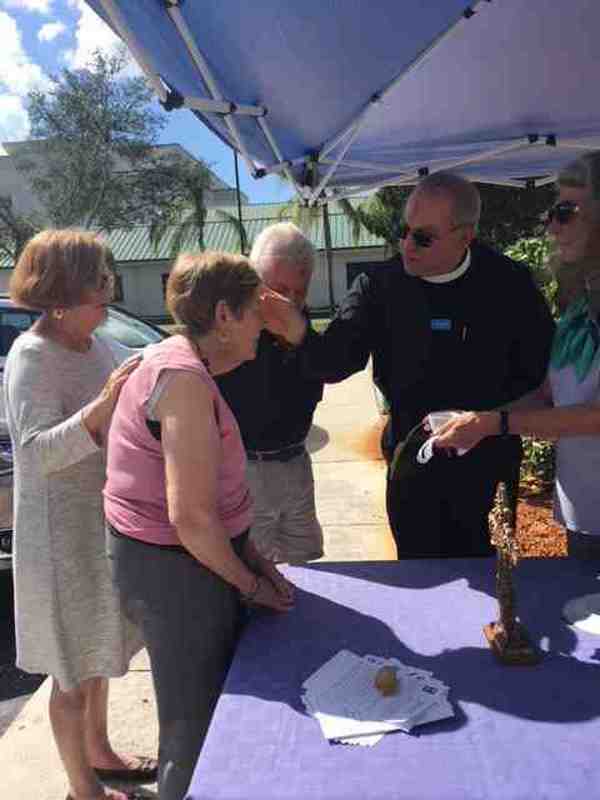
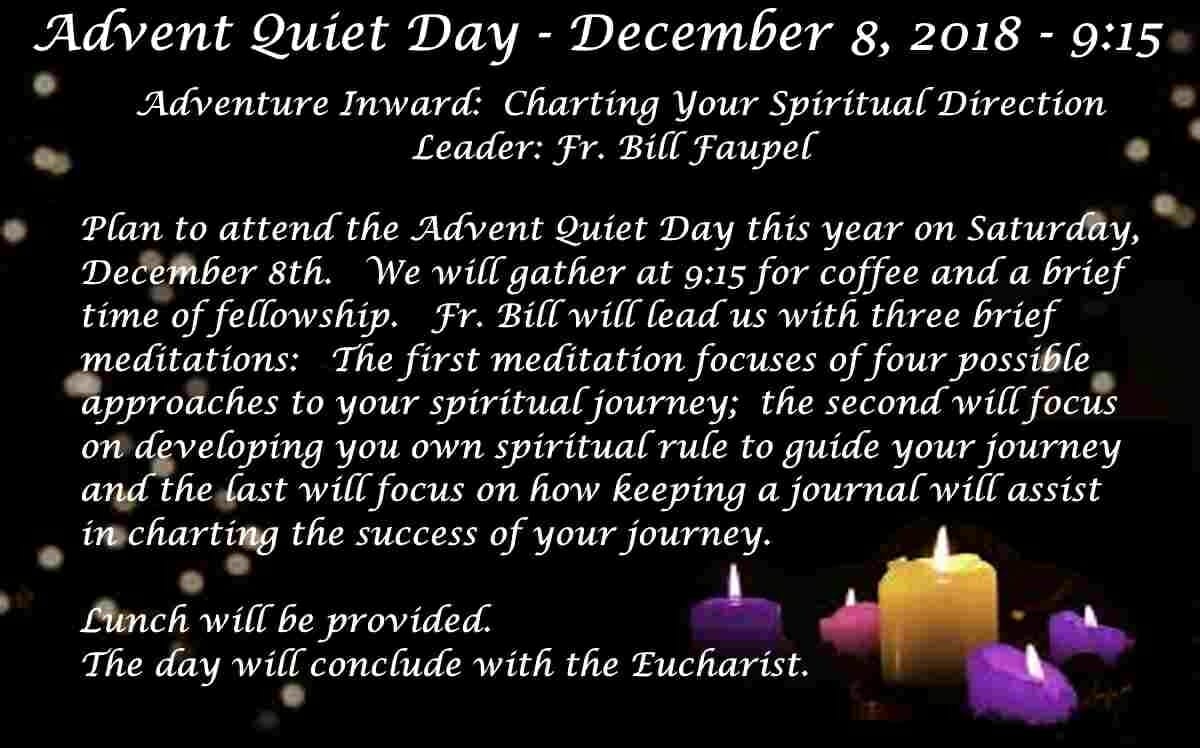
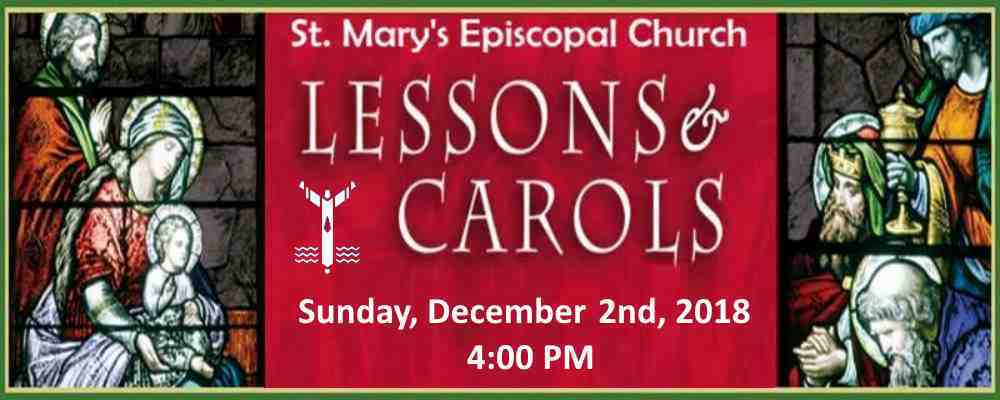

Leave A Comment